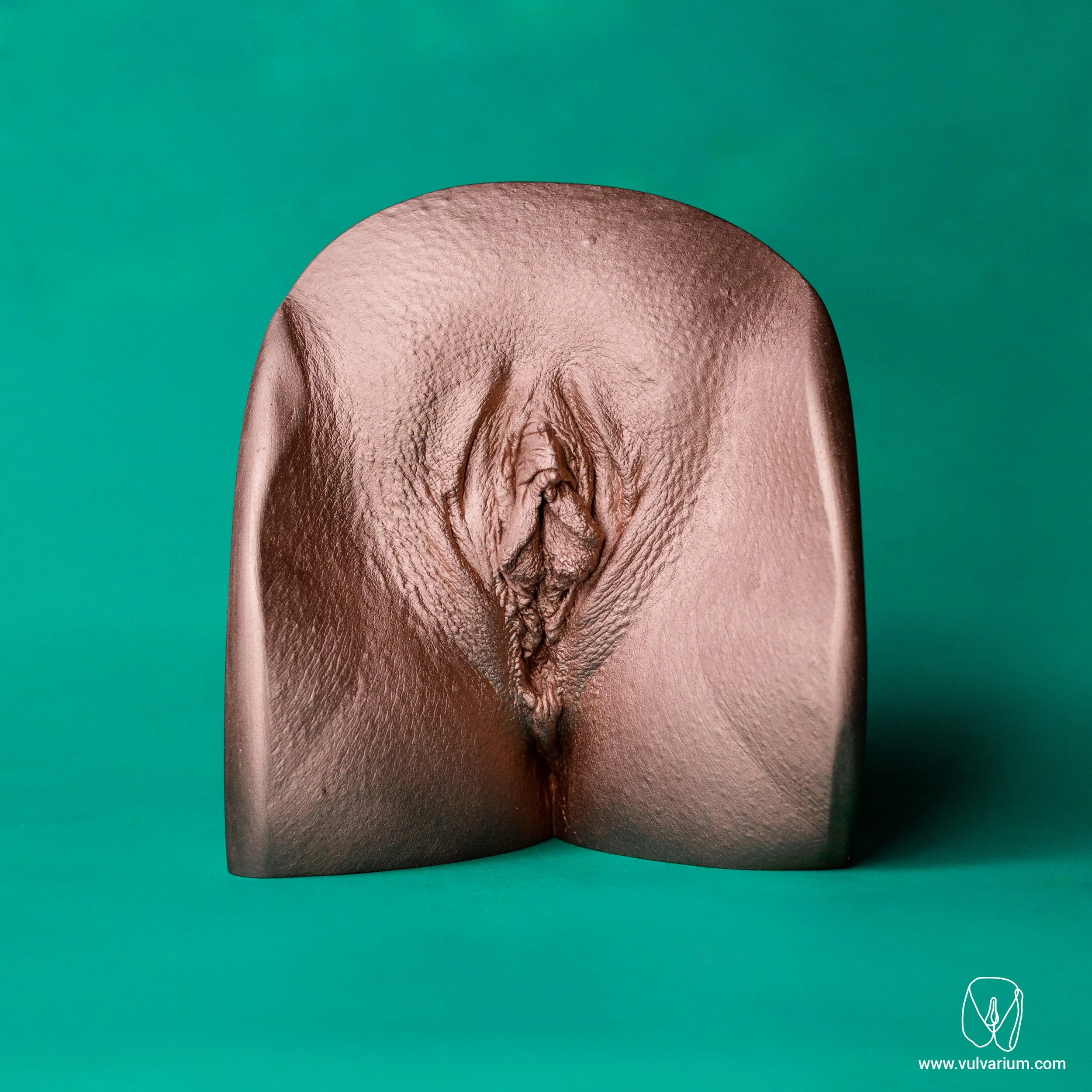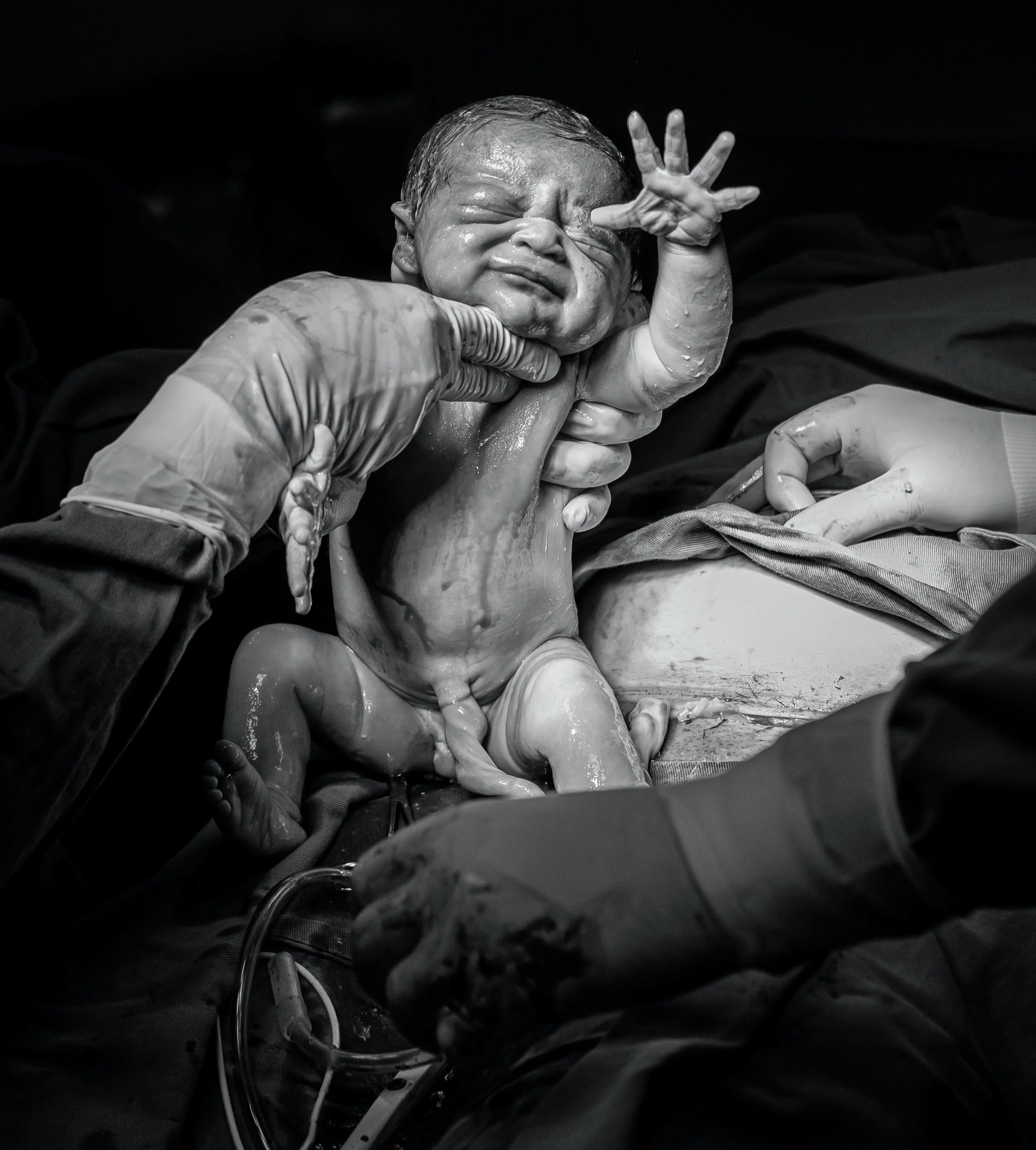Birth Scar management
Childbirth is a transformative event in a person’s life and effects each differently. It comes with a unique combination of physical, emotional, and psychological challenges, which can be exacerbated by perineal, genital or caesarean surgery/belly birth trauma.
There are times where the healed scar tissue can become restrictive, or cause discomfort, adding to more physical limitations.
Artwork by Viktoria Krug @vulvarcasting, www.vulvarium.com
Using a combination of Therapeutic Ultrasound, specialised massage and education, physiotherapy can be helpful to those experiencing discomfort with movement, exercise or touching of the scarred tissue. It can also assist to reduced the discomfort with insertional intercourse if the scarred tissue is sensitive.
Perineal or genital scar management can begin as early as 4 weeks postpartum, and helpful for those continuing to experience discomfort due to a past perineal tear.
Caesarean/Belly birth scar physiotherapy management can begin from 8-12 weeks postpartum.
Please present to your GP or obstetrician if you’ve had an episiotomy, perineal tear or caesarean incision and you are experiencing any of the following:
The stitches become more painful
Persistent or ongoing pain
Discharge of pus or liquid from the area
Unusual smell
Ongoing red, swollen skin around the incision (Can use a mirror)
You may have an infection.



